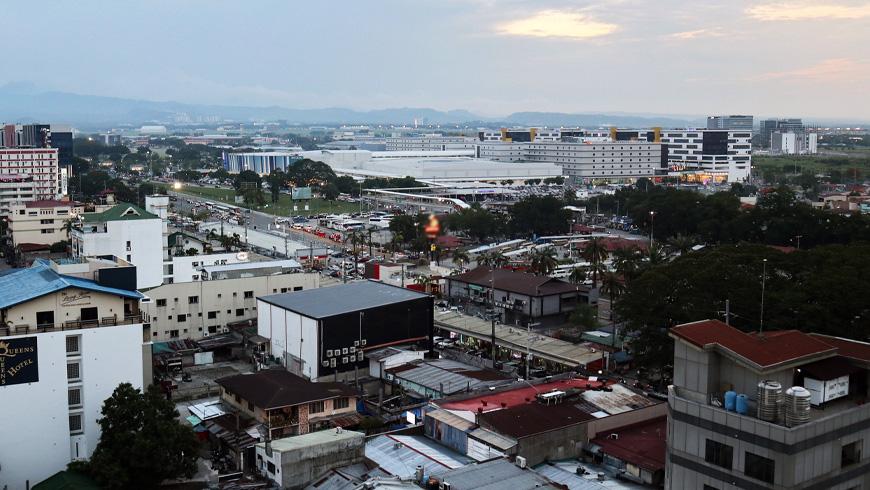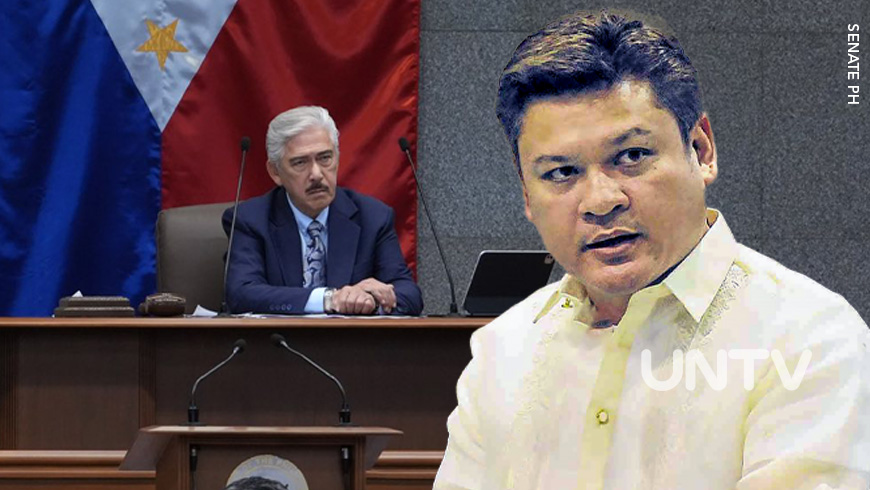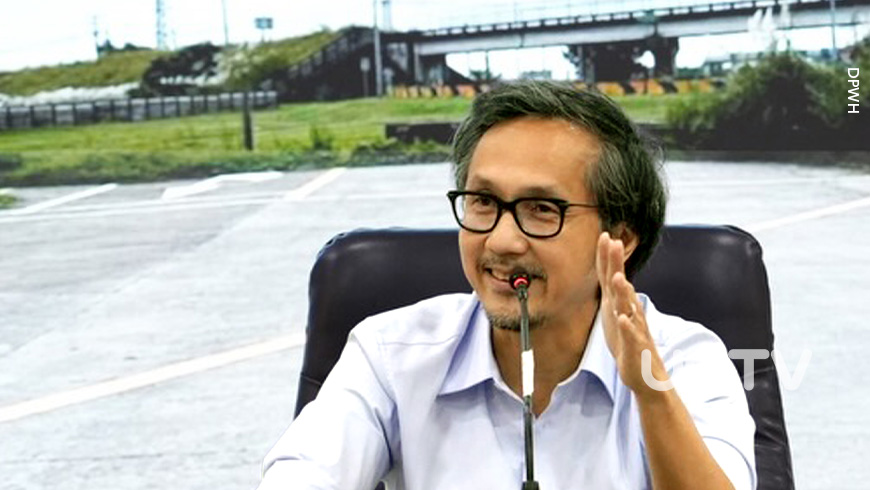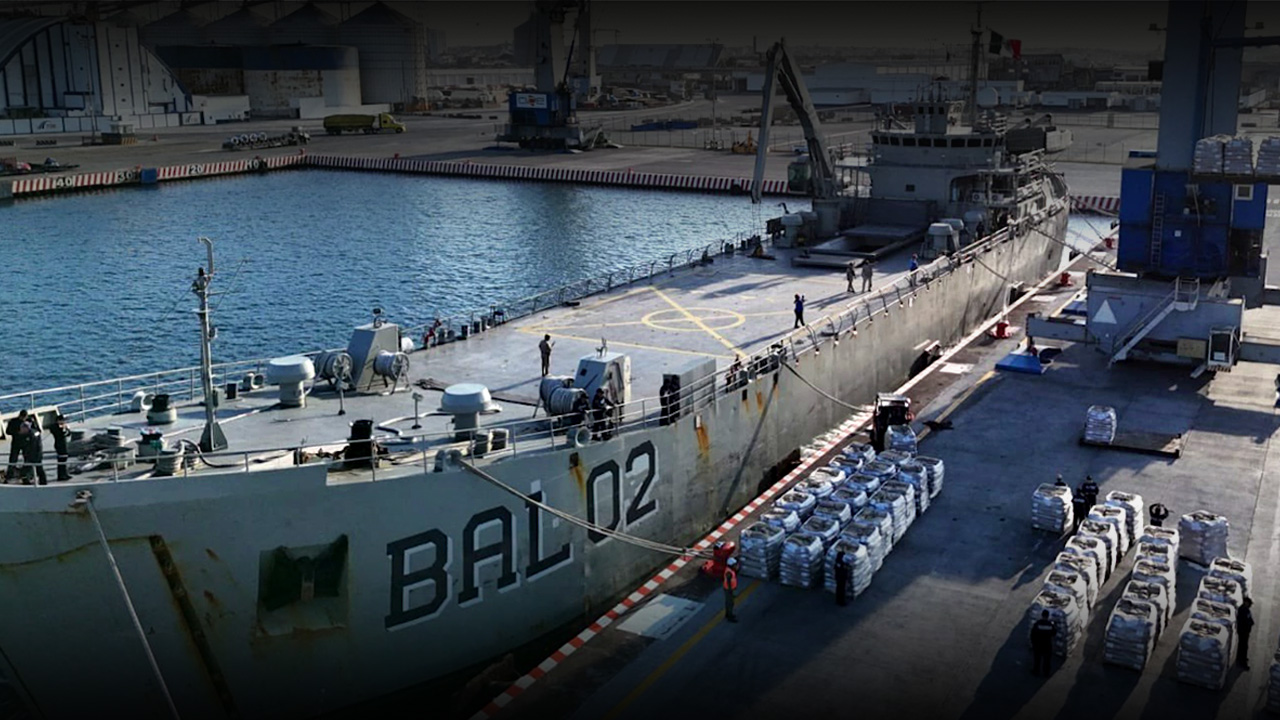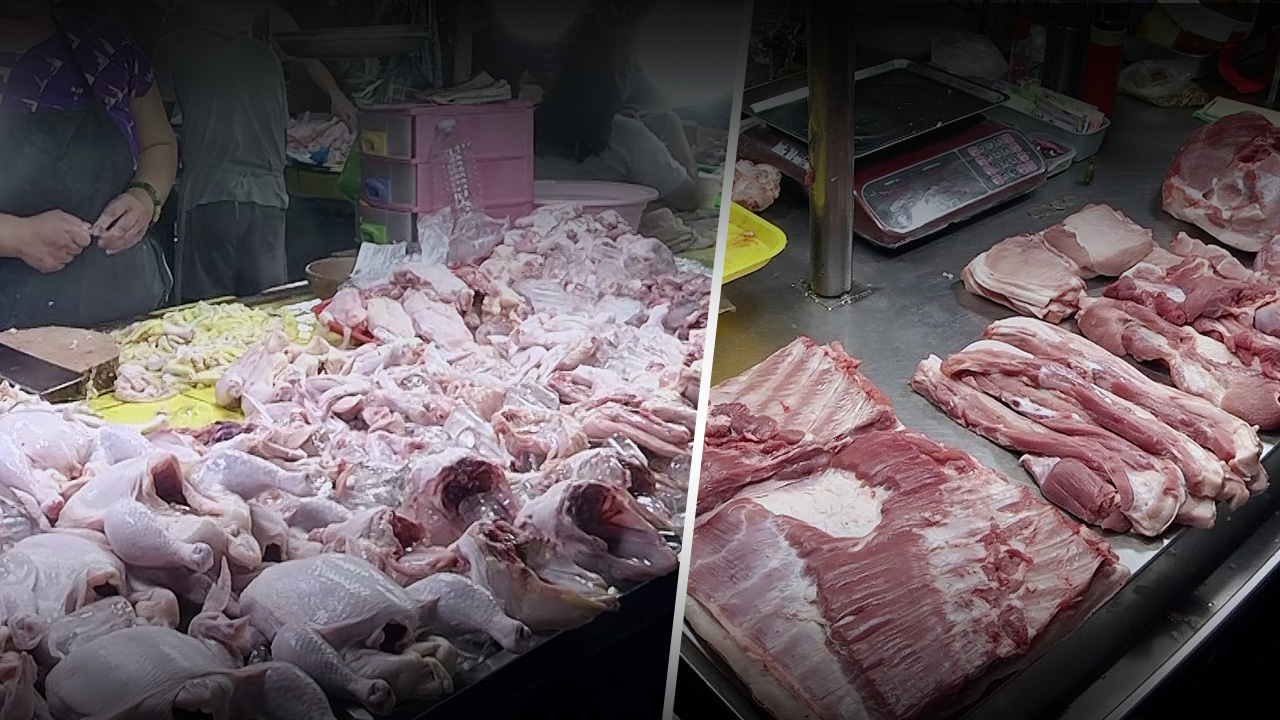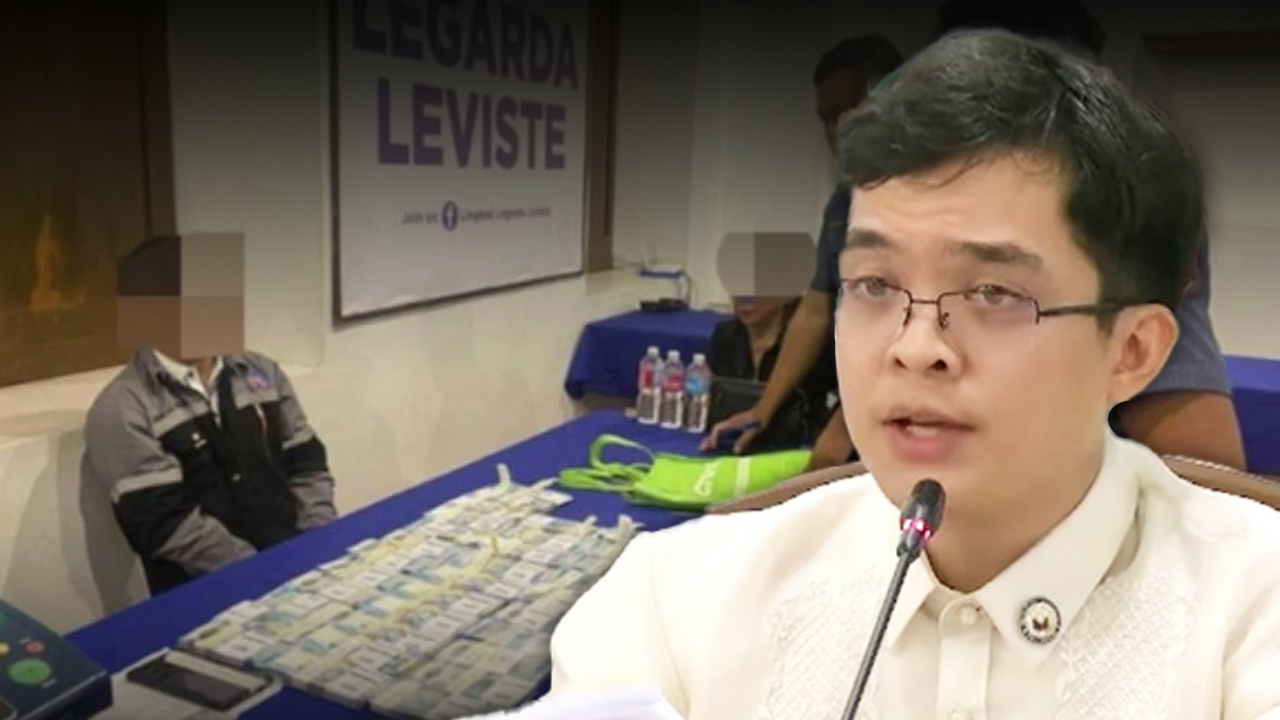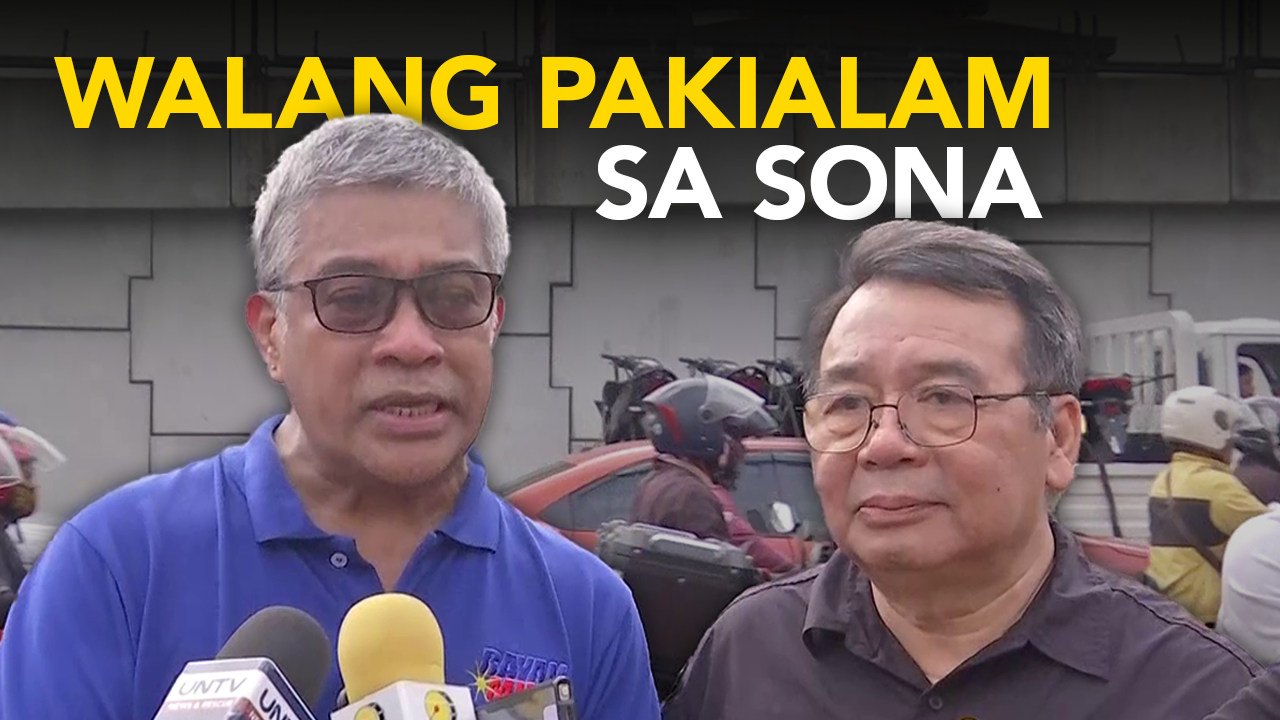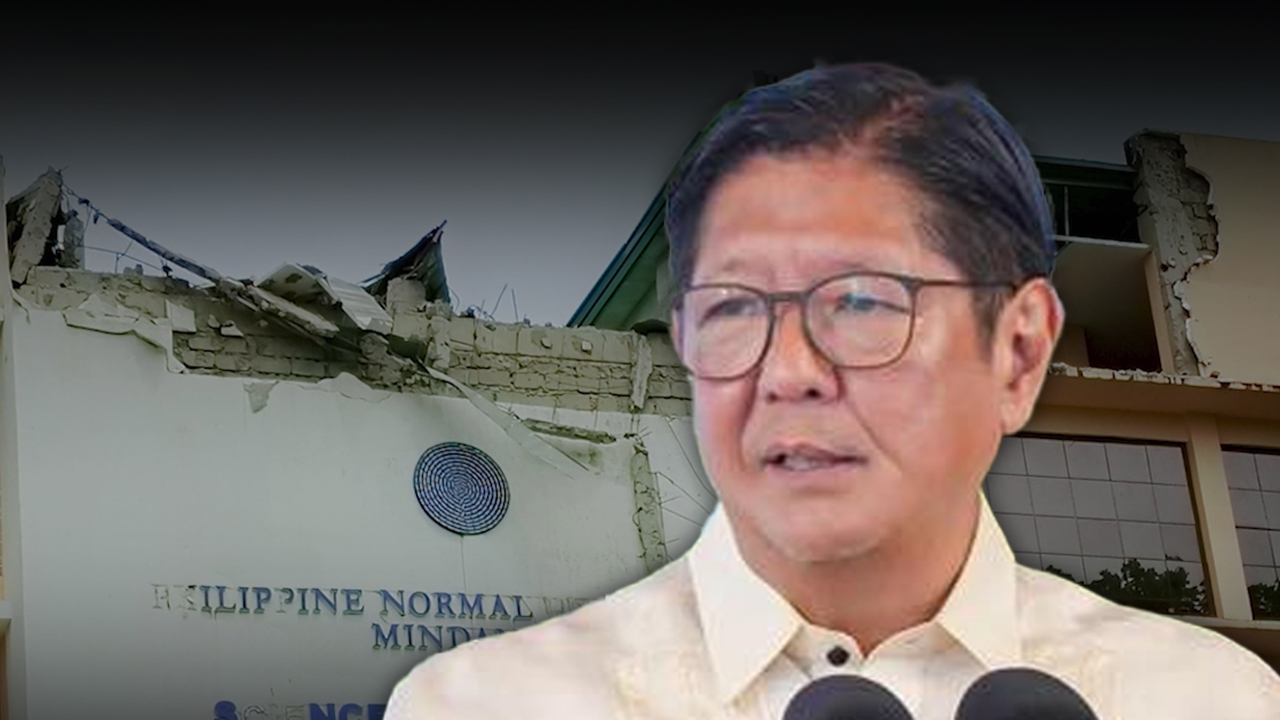President Ferdinand Marcos, Jr. signed into law Republic Act No. 12252, an act liberalizing the lease of private lands by foreign investors. This new measure significantly amends the decades-old Investors' Lease Act, extending the maximum aggregate lease period for foreign investors from the previous 75 years to an impressive 99 years.
Sponsored by former Senator Aquilino "Koko" Pimentel III, the law aims to establish the stability of long-term lease contracts and provide a more secure environment, ultimately making the Philippines more competitive in attracting substantial foreign direct investments (FDI).
While extending the lease term, RA 12252 introduces robust requirements and strict limitations to protect national interests and ensure genuine investments.
The law explicitly states that it applies only to foreigners with an approved and registered investment under existing Philippine laws, such as the Foreign Investments Act and the CREATE Act.
Furthermore, the leased land must be used solely for the purpose of the approved investment, covering projects like industrial estates, factories, and tourism. In a key safeguard, the President of the Philippines reserves the right to impose a shorter lease period for investments in vital services or critical infrastructure if required for national security or priority government objectives.
The new law outlines severe penalties to deter misuse and encourage commitment. Lease agreements can be terminated automatically if the investment is withdrawn or if the leased area is used for unauthorized purposes.
For tourism projects, a minimum investment of USD $5 million is required, with 70% of that capital mandated to be infused within three years. Lease contracts are also only renewable subject to the mutual agreement of the parties and the foreign lessee showing that it has made social and economic contributions to the Philippines.
Those who violate the law, such as exceeding the 99-year limit or using the land contrary to existing laws, face a hefty fine of ₱1 million to ₱10 million, or imprisonment for six months to six years.
To guarantee the reliability of the contracts, the Act introduces the registration of the long-term lease with the Registry of Deeds as the "operative act" that makes the lease binding against third persons.
This process, which includes annotation on the Certificate of Title, provides a level of security akin to a Torrens title, meaning a registered lease contract cannot be subject to collateral attack or canceled outside of a direct legal proceeding.
Moreover, the leasehold right may now be transferred, assigned, or used as security for a loan, a feature that enhances the investment's bankability and unlocks financing opportunities for major projects.
The rationale behind liberalizing land leases is a direct path to economic growth. By offering a stable, long-term tenure, the Philippines attracts large-scale, capital-intensive investments—from manufacturing facilities and agro-industrial centers to world-class tourism infrastructure.
These large projects cannot be easily pulled out due to the nature of their long-term commitment, directly translating to sustained job creation across numerous sectors.
Filipino workers can anticipate more stable and higher-quality employment opportunities, a boost in skills transfer, and a significant strengthening of the domestic economy through increased foreign capital, technology, and export capabilities.



%201.svg)











